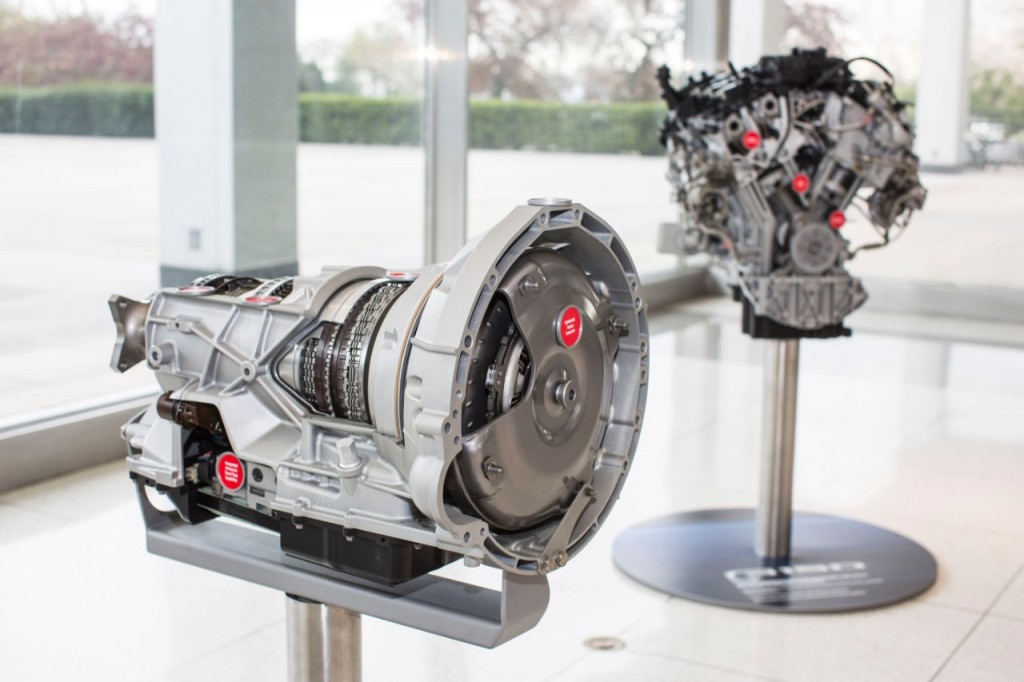The recent release of a "Technical Assessment Report" on automakers' efforts to meet Corporate Average Fuel Economy (CAFE) standards has kicked off a debate over whether those standards should be lowered.
The report indicated that carmakers might fall slightly short of the goal of an average 54.5 mpg (or about 38 mpg on window stickers) for vehicles sold in the U.S. by 2025.
While carmakers are technologically capable of meeting the 54.5-mpg goal, a combination of low gas prices and high SUV sales might cause them to miss the mark, the report concluded.
DON'T MISS: Battle over CAFE standards begins now: will they change for 2022-2025?
Since the report's release last month, automaker lobbyists have latched onto that conclusion as they argue that the current CAFE mandate is unrealistic.
But much of what they are saying about fuel-economy standards simply isn't true, notes a recent Consumers Union article.
Pointing to booming SUV sales, critics of the current CAFE standards have argued that such high fuel-economy goals will force automakers to sell cars consumers don't want to buy.

2016 Dodge Durango
Because the standards are based on a fleet average, the actual fuel economy of individual models can vary, notes Consumers Union.
Fuel-economy targets are higher for smaller vehicles than larger ones, with the actual targets based on vehicle footprint.
ALSO SEE: Automaker lobbyist group predicts doom, gloom over CAFE
However, the mix of vehicles sold does affect the fleet average, which is why high SUVs sales led regulators to conclude that automakers may not meet the 54.5-mpg target.
While fewer SUV sales would likely help matters, carmakers would not necessarily need to vastly increase sales of electric cars and plug-in hybrids to meet that goal.

Ford 3.5-liter V-6 and 10-speed automatic transmission
The Technical Assessment Report said that carmakers could likely meet CAFE standards largely through improvements to the efficiency of internal-combustion engines.
It projected that sales of electric cars and plug-in hybrids will account for only 2 to 3 percent of the total new-car market in the coming years, while hybrids will attain 3 to 14 percent, Consumers Union noted.
MORE: Will CAFE standards have to be relaxed starting in 2021?
Contrary to what some industry lobbyists have said, Consumers Union research has also indicated that any increase in the cost of new cars to meet fuel-economy standards would be offset by fuel savings.
Despite the questionable nature of their arguments, though, carmakers are likely to continue pushing for lower CAFE standards with the argument that higher standards would adversely affect consumers.
_______________________________________________












